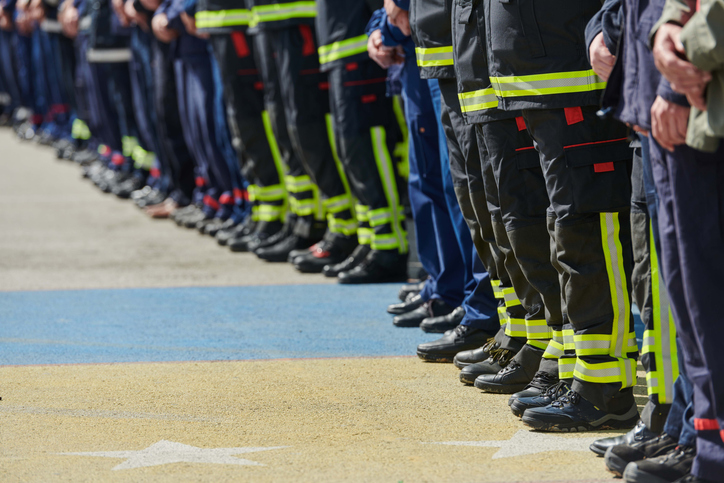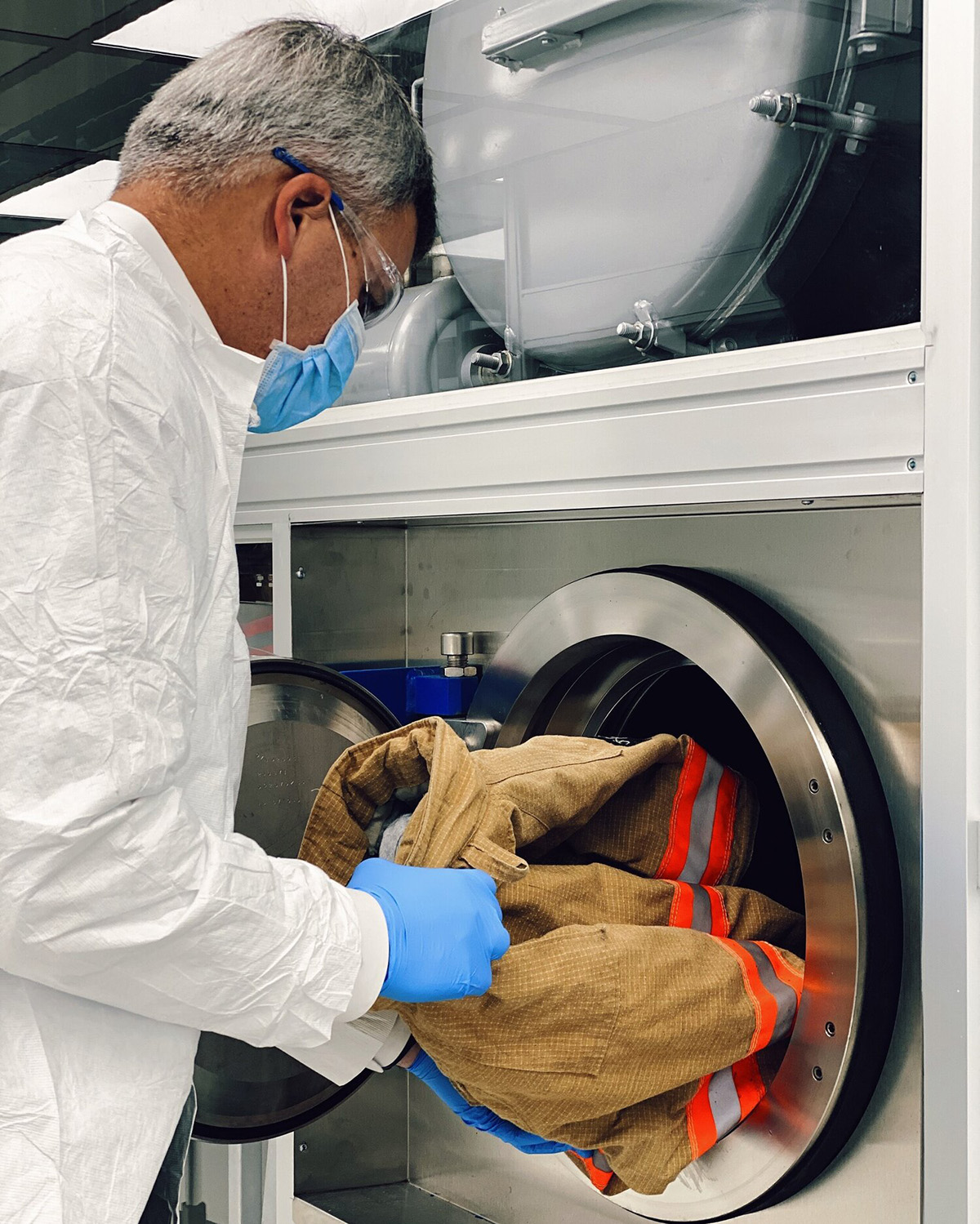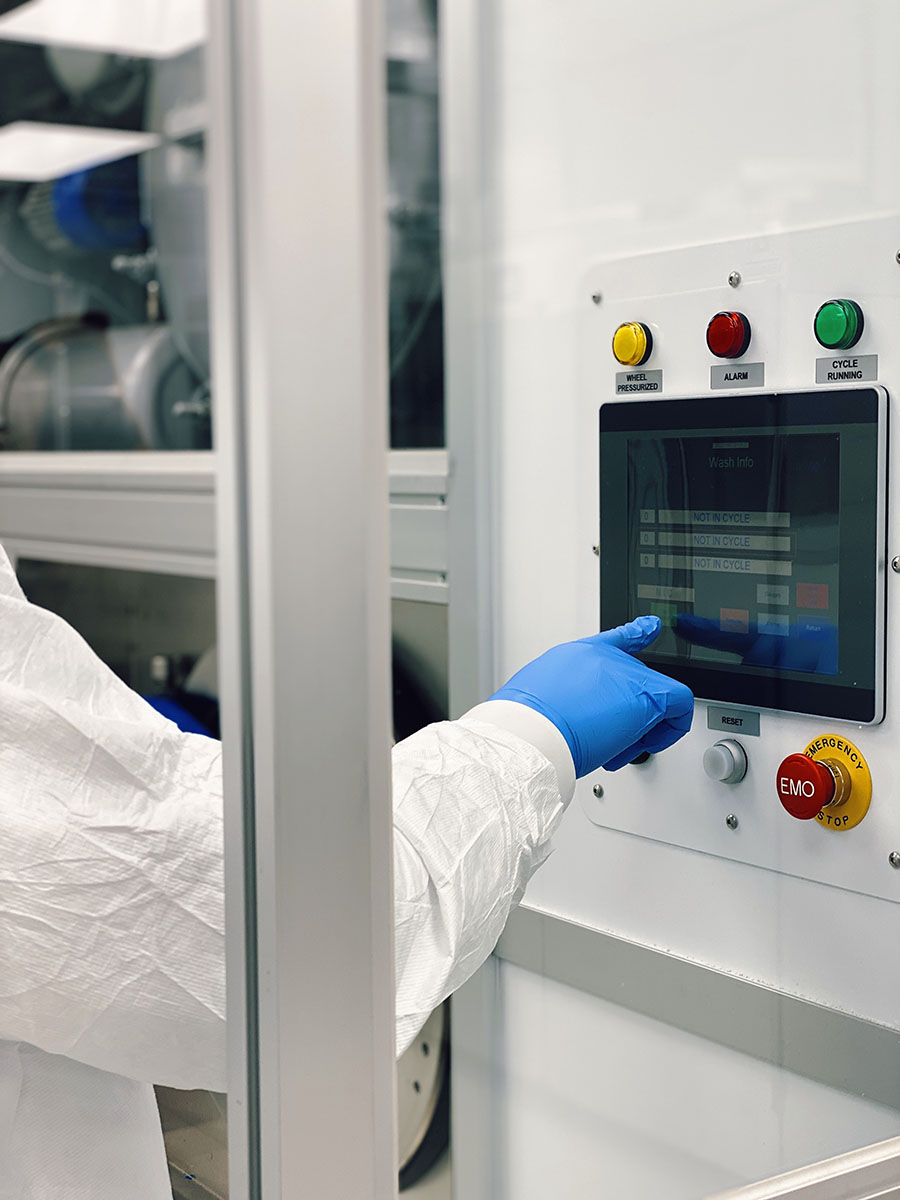By: Mike Duyck, President
Firefighting is a demanding profession, requiring physical strength, mental resilience, and unwavering commitment. However, the job also exposes firefighters to unique health risks, from physical injuries to long-term conditions like cancer and mental health challenges. Building lifelong habits for physical and mental health isn’t just about staying fit—it’s about ensuring career longevity and a high quality of life beyond the job.
The Physical Demands of Firefighting
Firefighters face extreme physical challenges daily, from carrying heavy equipment to navigating hazardous environments. According to the National Fire Protection Association (NFPA), over 40% of firefighter injuries annually are strains, sprains, or muscular issues. Adopting a comprehensive fitness routine is crucial to staying operationally ready and reducing injury risk.
Physical Health Tips for Career Longevity
- Strength and Endurance Training: Incorporate weightlifting and cardio to strengthen and improve cardiovascular health. Both are essential for firefighting tasks and reducing fatigue.
- Flexibility and Mobility Work: Stretching, yoga, and mobility exercises can prevent injuries and improve recovery time.
- Nutrition: A balanced diet rich in lean proteins, whole grains, fruits, and vegetables fuels the body for demanding shifts and supports long-term health.
- Sleep Hygiene: Shift work can disrupt natural sleep patterns. Prioritize consistent sleep routines and create a restful environment to combat fatigue and improve overall health.
The Mental Health Challenges of Firefighting
The nature of firefighting can take a toll on mental health. Regular exposure to traumatic events, high-stress situations, and irregular work schedules can lead to conditions like PTSD, anxiety, and depression. Studies show that 30% of firefighters experience behavioral health issues at some point in their careers, compared to 20% of the general population.
Mental Health Strategies for Firefighters
- Talk About It: Open conversations about mental health reduce stigma and encourage early intervention.
- Counseling and Peer Support: Many fire departments now offer Employee Assistance Programs (EAPs) and peer support networks. Take advantage of these resources.
- Mindfulness and Stress Management: Techniques like meditation, deep breathing, and journaling can help process stress and maintain emotional balance.
- Maintain Connections: Strong relationships with family, friends, and coworkers are essential for mental well-being.
Cancer Risk in Firefighters: A Call to Action
One of the most concerning health risks for firefighters is cancer. Research from the National Institute for Occupational Safety and Health (NIOSH) indicates that firefighters have a 9% higher risk of being diagnosed with cancer and a 14% higher risk of dying from cancer compared to the general population. Prolonged exposure to carcinogens, such as those found in smoke, soot, and chemical fire retardants, significantly increases this risk.
Best Practices to Lower Cancer Risk
- Decontamination: Regularly clean turnout gear, tools, and equipment to remove carcinogens.
- Shower Within an Hour: After a call, wash off contaminants as soon as possible to reduce absorption.
- Clean Eating Areas: Keep gear and equipment out of areas where food is stored or consumed to avoid cross-contamination.
- Annual Screenings: Early detection through regular medical checkups and cancer screenings is vital.
Staying healthy isn’t just about surviving the demands of the job—it’s about thriving in it. By making proactive choices to prioritize physical fitness, mental health, and preventive care, firefighters can extend their careers and enjoy a fulfilling life after retirement. Learn more about prioritizing firefighter health in one of our past blog posts.
At ETD, we understand the challenges firefighters face and are committed to reducing their exposure to harmful toxins and that your health is your most valuable tool in the line of duty. Our decontamination solutions, including advanced Liquid CO2+ cleaning systems, ensure that turnout gear is thoroughly cleaned without compromising its integrity. By removing carcinogens and other contaminants effectively, we help protect firefighters from the hidden dangers of their profession. Learn more about our processes and what we offer today.



